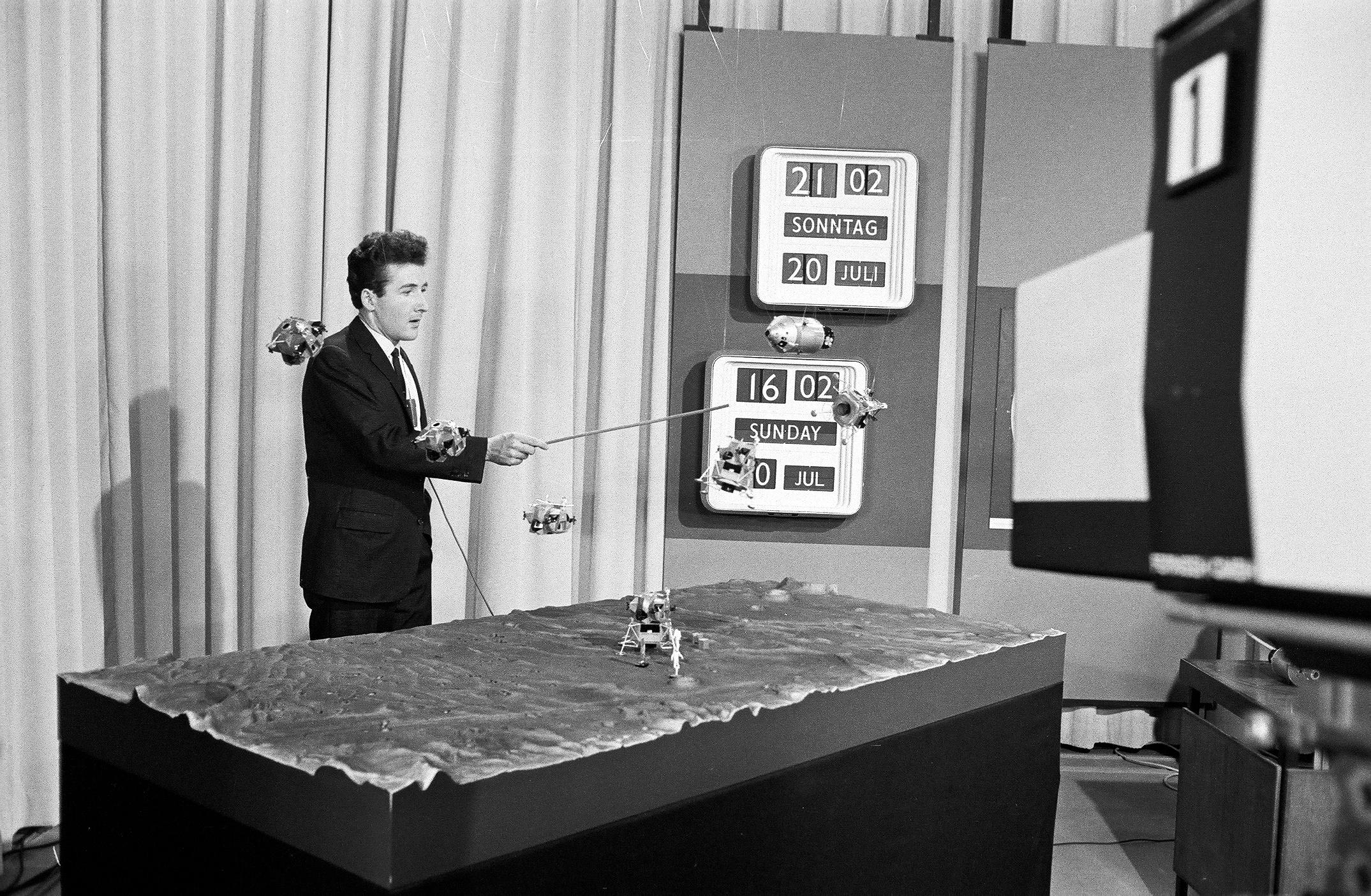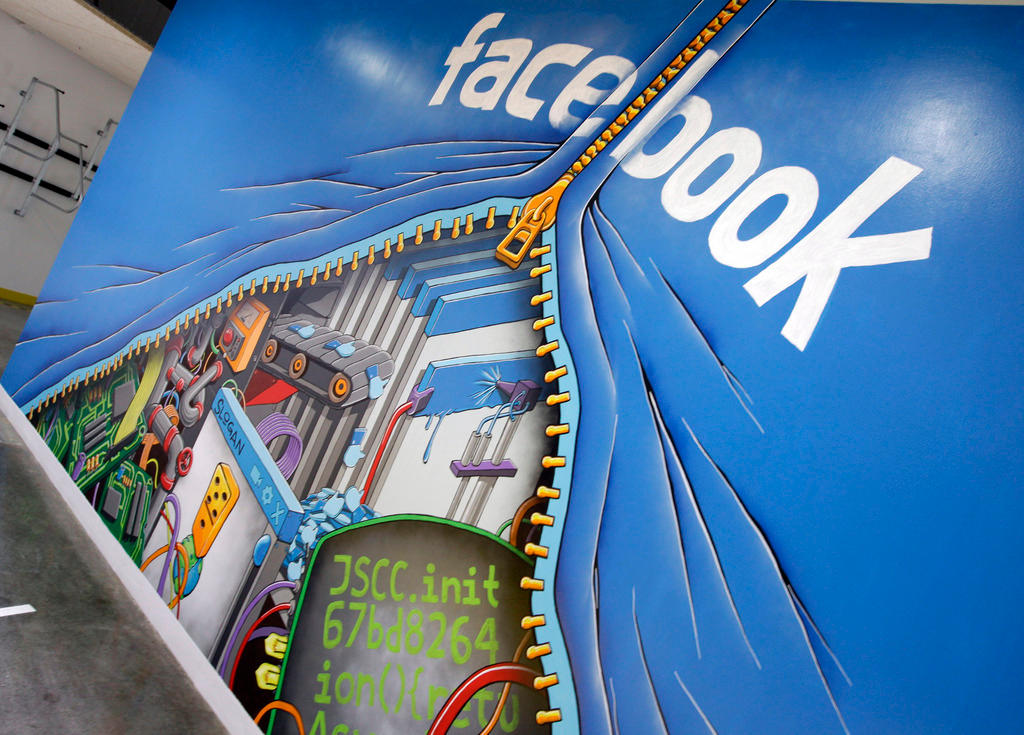Where in the world is public broadcasting?

Switzerland has been debating the role of its public broadcaster in the digital age, and it’s not alone. We looked at the state of public media around the world in countries where swissinfo.ch journalists have lived and worked.
SWITZERLAND
Public media: The Swiss Broadcasting Corporation (SBC) operates 17 radio and seven television stations across Switzerland’s four language regions. SWI swissinfo.ch – formerly Swiss Radio International – is the broadcaster’s international service available in 10 languages.
History: The SBC was founded in 1931 as a way to bring regional radio broadcasters under one roof. What began in French-speaking Switzerland soon included media from German and Italian-speaking regions as well. Romansch offerings were added in 1938 after it was recognised as a fourth national language.
Funding: The so-called “Billag” radio and TV license fee amounts to CHF451 ($454) per year per household. In 2015, voters narrowly approved an amendment stating that everyone must pay the fee, with very few exceptions.
Recently, both houses of parliament have been debating the role public media should play in the country. A group of citizens launched an initiative to scrap the radio and TV license fee, which will come to a vote in March 2018.
______
UNITED STATES
Public media: Main outlets are National Public Radio (NPR) and affiliate stations/radio programmes, Public Broadcasting Service (PBS) and affiliate stations/TV programmes
History: It is said that public broadcasting in the United States was born in 1910 where a performance at New York’s Metropolitan Opera was broadcast to radios across the country for the first time. Today’s American public broadcasting model was established through the Public Broadcasting Act of 1967External link under President Lyndon B. Johnson.
Funding: Taxes on individuals amounting to .012% of the federal budget or about $4 per person per year. The Corporation for Public Broadcasting (CPB), a non-profit corporation created by Congress, distributes taxpayer funding among public media organisations. However, most public radio and TV stations only get about 10% of their funding from CPB, with the rest coming from corporate underwriting, grants and direct viewer/listener support.
NPR and PBS were named as the “most trustworthy” American news sources in a 2014 study from the Pew Research Center. External link
In his 2017 budget proposal, US President Donald Trump plans to completely eliminate funding for the Corporation for Public Broadcasting.
______
BRITAIN
Public Media: The British Broadcasting Corporation (BBC) operates 10 national radio stations and nine national television stations, plus the BBC World Service in 32 languages.
Funding: Licence fee for most UK residents amounting to about 40p per day per household or £147 (CHF181) per year as of April 2017. The fee is considered a tax and evasion is a criminal offence. Discounts are available for black-and-white television sets and people who are blind. The licence fee is free for any household with someone aged 75 or over. In 2016, BBC income and operating costs each amounted to roughly £4.7 billion.
History: BBC Radio was founded in 1922 by a group of radio manufacturers, followed by the formal establishment of the British Broadcasting Corporation in 1927. The BBC is the world’s oldest national broadcaster.
According to the Financial Times, the average person in Britain consumes BBC content for about 18 hours each week. The BBC’s funding and license fee have come under fire numerous times in its history, most recently from politically conservative circles and private media companies who have questioned the types of programming the national broadcaster should offer.
______
SPAIN
Public media: The Spanish Broadcasting Corporation RTVE operates the Televisión Española (TVE), Radio Nacional de España (RNE), regional public television and the news agency EFE.
History: RTVE was founded in 1956.
Funding: Directly funded by the government through taxes
According to swissinfo.ch’s Spanish service, people in Spain generally consider RTVE’s offerings to be independent and it has a good reputation. However, in recent years, there has been an increase in complaints from journalists and citizens regarding government interference in some delicate political topics reported on the public broadcaster.
______
CHINA
Public media: CCTV television offering with 22 free channels on topics such as finance, arts and entertainment, sports, movies, science and education as well as 19 paid channels on sport, music and health topics.
History: Founded in 1958, has been offering paid content since 2004.
Funding: Originally funded entirely by the government, CCTV now earns a significant part of its budget through advertising in addition to to continuing to receive some small government subsidies. Most Chinese households pay 18 RMB (CHF2.6) per month for digital television access but people don’t consider this to be a tax.
CCTV has strong ties to the Chinese government, and all of the free channels begin the day’s coverage with the Chinese national anthem.
Whereas public broadcasters in Switzerland are generally seen by the public as a neutral voice, swissinfo.ch’s Chinese-language journalists say that CCTV is clearly viewed as a government mouthpiece by the Chinese population. This is not seen as problematic, however, since “nationalism in CCTV’s broadcasts is seen as one of the country’s supreme virtues”.
______
TUNISIA
Public media: Daily newspaper “La Presse”, two television channels, nine radio channels and a press agency.
History: The radio stations were founded in the 1940s by France, which had colonised Tunisia. Further channels were created following Tunisian independence in 1956, including an international radio service that broadcast in French, Italian and English.
Funding: Tunisia’s public media offerings are funded almost entirely by the government and by some advertising which may not exceed 20% of the budget. A small portion is covered by a direct tax on electricity and gas consumption.
According to swissinfo.ch’s Arabic-language journalists from Tunisia, most of the country is fairly well served by public media offerings. However, it is not necessarily high-quality content, though this has improved somewhat since the fall of former president Ben-Ali in 2011. Until that revolution, public media was clearly viewed as a government mouthpiece. Afterwards, the channels attempted to distance themselves from the government, but without much success so far.
______
BRAZIL
Public media: Empresa Brasil de Comunicação (EBC), the Brazilian public broadcaster
Funding: 83% of EBC’s budget of 538 million Brazilian reals (CHF171 million) is directly funded by the government budget, and 17% through the broadcaster’s own productions
History: EBC was born out of Radiobrás, a public radio station founded in 1975.
EBC is managed through an independent body but it has close ties to the government and board members change depending on who is in power. Citizens consider the broadcaster close to the government and private media is much stronger and more influential than public media in Brazil. Just 0.14% of the population regularly tunes into TV Brasil, EBC’s television channel.
______
RUSSIA
Public media: None
According to swissinfo.ch’s Russian department, Russia never had a public media system similar to the one that exists in Switzerland and the Russian people do not necessarily want one. Until the division of the USSR in 1991, all media was state-run. Afterwards, strong private media channels were able to establish themselves. However, their editorial work is strongly controlled by the president’s media division, which governs through so-called “phone law” where the publication of any story can be stopped by a “phone call from the top”.
Main media: Government-run newspaper “Rossijskaja gaseta“, news agency “TASS”, international TV network “Russia Today” (also government-run). The daily paper “Iswestija” is run by Gazprom Media, a division of the state-controlled oil and gas company. Oligarch Alischer Usmanow controls the daily newspaper “Kommersant”.
______
JAPAN
Public media: NHK, Japan’s national public broadcaster which also operates NHK World in 18 languages.
History: The Tokyo radio broadcasting station was founded in 1925 and the television station in 1950.
Funding: A reception fee paid by residents, which costs more for those with a satellite TV.
The budget is approved by a government-appointed management committee. This is one reason why citizens view NHK to be state-owned even though it is actually funded by the public.

In compliance with the JTI standards
More: SWI swissinfo.ch certified by the Journalism Trust Initiative












You can find an overview of ongoing debates with our journalists here . Please join us!
If you want to start a conversation about a topic raised in this article or want to report factual errors, email us at english@swissinfo.ch.